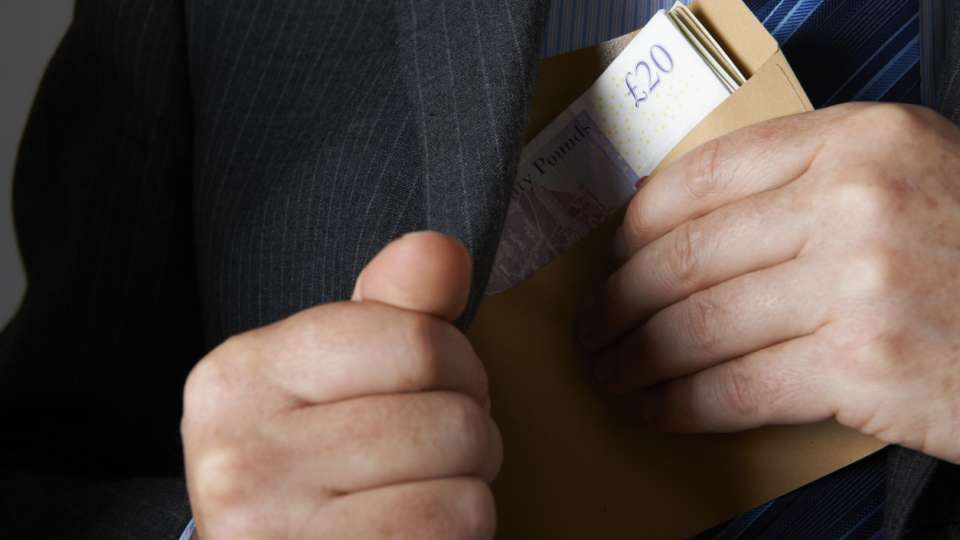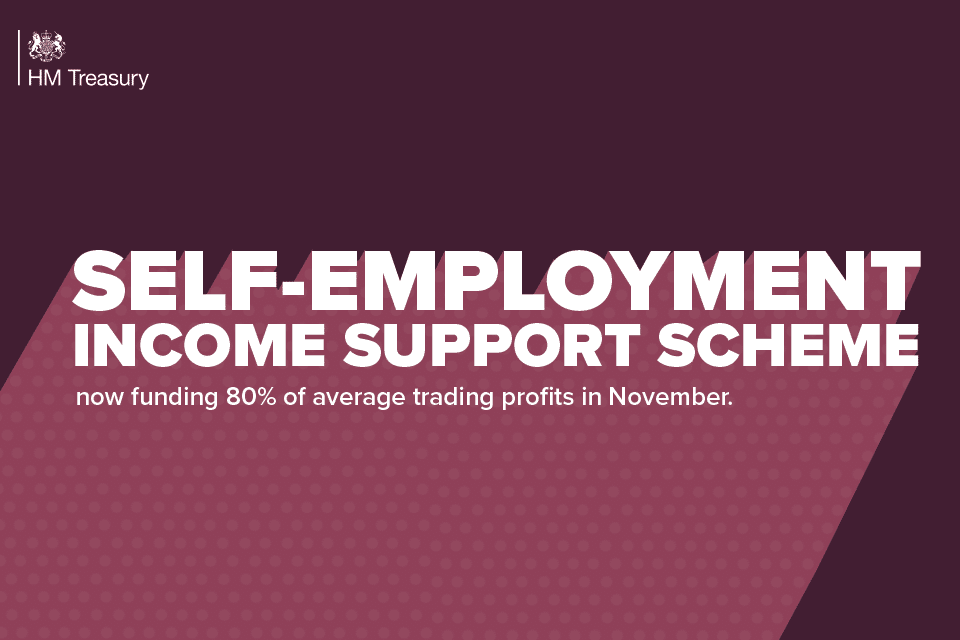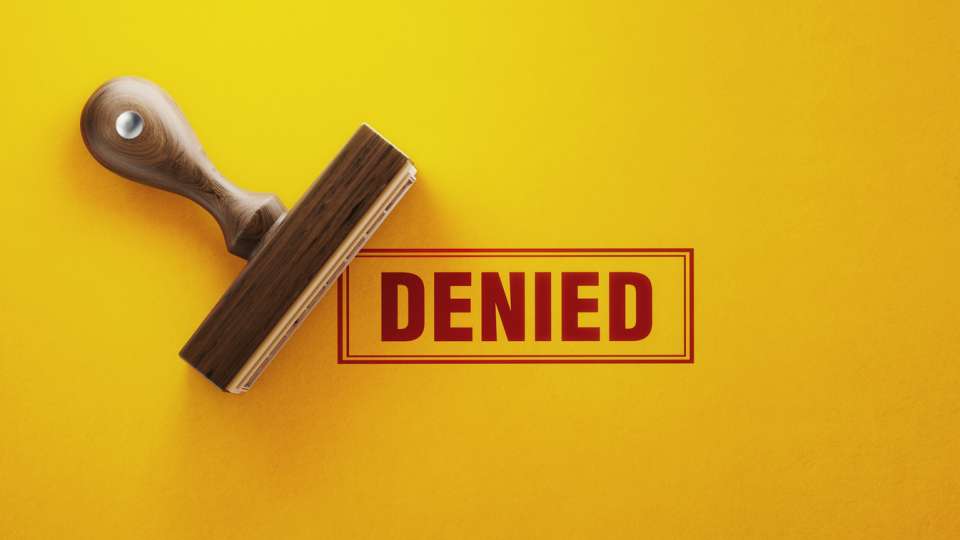Thousands of Airbnb hosts across the UK are being warned by the tax authorities that they could face bills for thousands of pounds in back taxes and fines after failing to declare income from renting part of their homes.
An investigation has been launched by Her Majesty’s Revenue and Customs (HMRC) after it received income details of Airbnb’s 225,000 UK hosts from the short-term letting giant last week following the striking of a deal on unpaid tax of its own.
Following an HMRC probe into Airbnb UK’s tax affairs, the group agreed to stump up an additional £1.8m on top of a £1.1m tax bill it paid on profits of £5.6m for its 2019 financial year.
On top of the tax bill, Airbnb also handed HMRC the income details of its UK hosts for the tax years 2017-18 and 2018-2019.
“Landlords need to understand that Airbnb have disclosed information to HMRC on all their transactions, including prior years, so they will now have full information on how much landlords have received through the Airbnb booking system.”
Once HMRC has started an enquiry it has powers to go back up to 20 years into someone’s tax affairs.
If the income was accrued outside the UK and considered either a “careless” or “innocent” mistake, then HMRC can delve into 12-years’ worth of accounts. If an investigation finds an individual has “deliberately” not informed HMRC of income or accuses them of a “failure to notify” then any investigation could stretch back 20 years.
In extreme circumstances it can take civil court action to recover unpaid tax. If it uncovers tax evasion, rather than simple mistakes, it can take criminal action against deliberate acts of tax underpayments.
A spokesman for HMRC said: “Our public services rely on everyone paying their taxes and our role is to ensure taxpayers are aware of their obligations and pay the right tax at the right time. People with additional income streams may not be fully aware of their tax obligations and so we have taken steps in HMRC to consider sectors, such as short-term property letting, where we may not be collecting the full amount of tax owed.
“We appreciate this is a rapidly evolving sector and we are working in partnership with companies to address the tax consequences of these changes with a commitment to creating a level playing field for all. We would encourage customers to check their tax affairs, seeking advice where necessary, in order to put right any honest mistakes or omissions.”
Another possible bill hanging over Airbnb host could be business rates. If people host a property in England, Scotland, or Wales that’s available to let for 140 days or more per year, the government deems it a self-catering property that’s subject to business rates.
Rates will be based on the property type, size, location, and how many guests are able to stay in your listing.
Fernie added: “Anyone who has not paid the tax that they should have done now needs to do so straight away rather than waiting for an investigation letter to drop onto the mat or hope that it will not happen, because it generally does.”
An investigation has been launched by Her Majesty’s Revenue and Customs (HMRC) after it received income details of Airbnb’s 225,000 UK hosts from the short-term letting giant last week following the striking of a deal on unpaid tax of its own.
Following an HMRC probe into Airbnb UK’s tax affairs, the group agreed to stump up an additional £1.8m on top of a £1.1m tax bill it paid on profits of £5.6m for its 2019 financial year.
On top of the tax bill, Airbnb also handed HMRC the income details of its UK hosts for the tax years 2017-18 and 2018-2019.
‘Now is the time to come clean’
Fiona Fernie, a tax dispute and resolution partner at leading tax and advisory firm Blick Rothenberg, said: “It could cost some people a lot of money in unpaid tax, interest and penalties. It does not just relate to the last tax year; HMRC are going to look back over several years, so now is the time for people to come clean if they have not paid what they owe to HMRC.“Landlords need to understand that Airbnb have disclosed information to HMRC on all their transactions, including prior years, so they will now have full information on how much landlords have received through the Airbnb booking system.”
Once HMRC has started an enquiry it has powers to go back up to 20 years into someone’s tax affairs.
How far back can HMRC look?
The length of time HMRC can go back into an individual’s tax records depends on a number of factors. If an Airbnb host is deemed to have made an innocent error on UK income HMRC can look at four years of figures. If they are deemed to have made a “careless” declaration the investigation could go back as far as six years.If the income was accrued outside the UK and considered either a “careless” or “innocent” mistake, then HMRC can delve into 12-years’ worth of accounts. If an investigation finds an individual has “deliberately” not informed HMRC of income or accuses them of a “failure to notify” then any investigation could stretch back 20 years.
In extreme circumstances it can take civil court action to recover unpaid tax. If it uncovers tax evasion, rather than simple mistakes, it can take criminal action against deliberate acts of tax underpayments.
A spokesman for HMRC said: “Our public services rely on everyone paying their taxes and our role is to ensure taxpayers are aware of their obligations and pay the right tax at the right time. People with additional income streams may not be fully aware of their tax obligations and so we have taken steps in HMRC to consider sectors, such as short-term property letting, where we may not be collecting the full amount of tax owed.
“We appreciate this is a rapidly evolving sector and we are working in partnership with companies to address the tax consequences of these changes with a commitment to creating a level playing field for all. We would encourage customers to check their tax affairs, seeking advice where necessary, in order to put right any honest mistakes or omissions.”
Hosts could also be hit with business rates demand
In its latest set of accounts, Airbnb reported that typical annual earnings per host were just £3,100, which lies within in HMRC’s rent a room allowance of £7,500. This means the majority of hosts will not fall under HMRC’s glare.Another possible bill hanging over Airbnb host could be business rates. If people host a property in England, Scotland, or Wales that’s available to let for 140 days or more per year, the government deems it a self-catering property that’s subject to business rates.
Rates will be based on the property type, size, location, and how many guests are able to stay in your listing.
Fernie added: “Anyone who has not paid the tax that they should have done now needs to do so straight away rather than waiting for an investigation letter to drop onto the mat or hope that it will not happen, because it generally does.”





